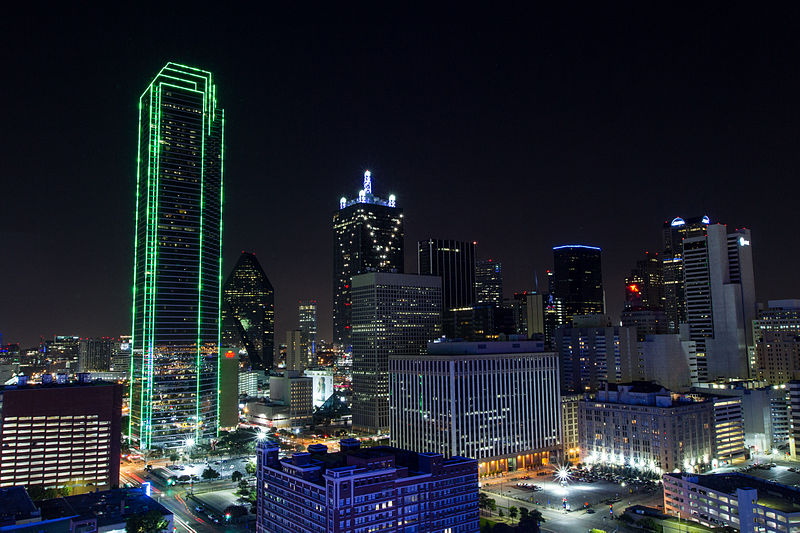
Dave Moore of Dallas Innovates spoke with Dallas city and county leaders about how local infrastructure improvement can help spur electric vehicle proliferation in north Texas.
Think you have a lemon, click here to fill out a 60 second form.
Bay Scoggin, state director of the Texas Public Interest Research Group, said funding from Texas’ $209 million cut of the Volkswagen “Dieselgate” settlement can go toward moving DFW drivers away from fossil fuel vehicles and toward electric-powered vehicles.
“We have an opportunity to make a positive change, after more than a century of vehicles spewing pollutants into the area,” Scoggin said. “Local and state officials who want to plug into this opportunity need to commit to electric vehicle-friendly infrastructure as fast as possible.”
The research group recently held a press conference alongside the North Central Texas Council of Governments (NCTCOG), Dallas Area Rapid Transit, infrastructure firm AECOM, and Dallas City Councilman Lee Kleinman. They announced the city of Dallas is expected to have 39,000 electric vehicles by 2030, and underscored the need for a regional push toward more electric vehicle infrastructure.
A NCTCOG analysis showed 704 electric vehicles registered in the city of Dallas as of February 2018.
“Generally speaking, there’s not a huge percentage of vehicles that are electric at this point, across the board,” said Suzanne Murtha, vice president of connected and automated vehicles at AECOM. “When we talk to major organizations that do the forecasting … it looks right that there’s an exponential, hockey-stick-shaped curve in the growth of electric vehicles.”
The Texas Public Interest Research Group recommends Dallas install additional electric vehicle charging ports on city streets where cars can charge overnight using the Dieselgate settlement funding. They also recommend using the funds to help business owners and parking garage operators afford new charging stations in their facilities, as well as installing free or discounted parking and charging for electric vehicles. The group also recommends the city expand the availability of electric-powered public transit, shared use of electric vehicles and promote walking and cycling.
Lemon law attorneys help their clients by dealing directly with the manufacturer on the clients’ behalf, working to promptly resolve the issue and get their clients back on the road. Thanks to the Magnuson-Moss Warranty Act, attorneys can seek their fees directly from the manufacturer, meaning a client can obtain legal counsel without having to pay attorneys’ fees directly out of pocket.
